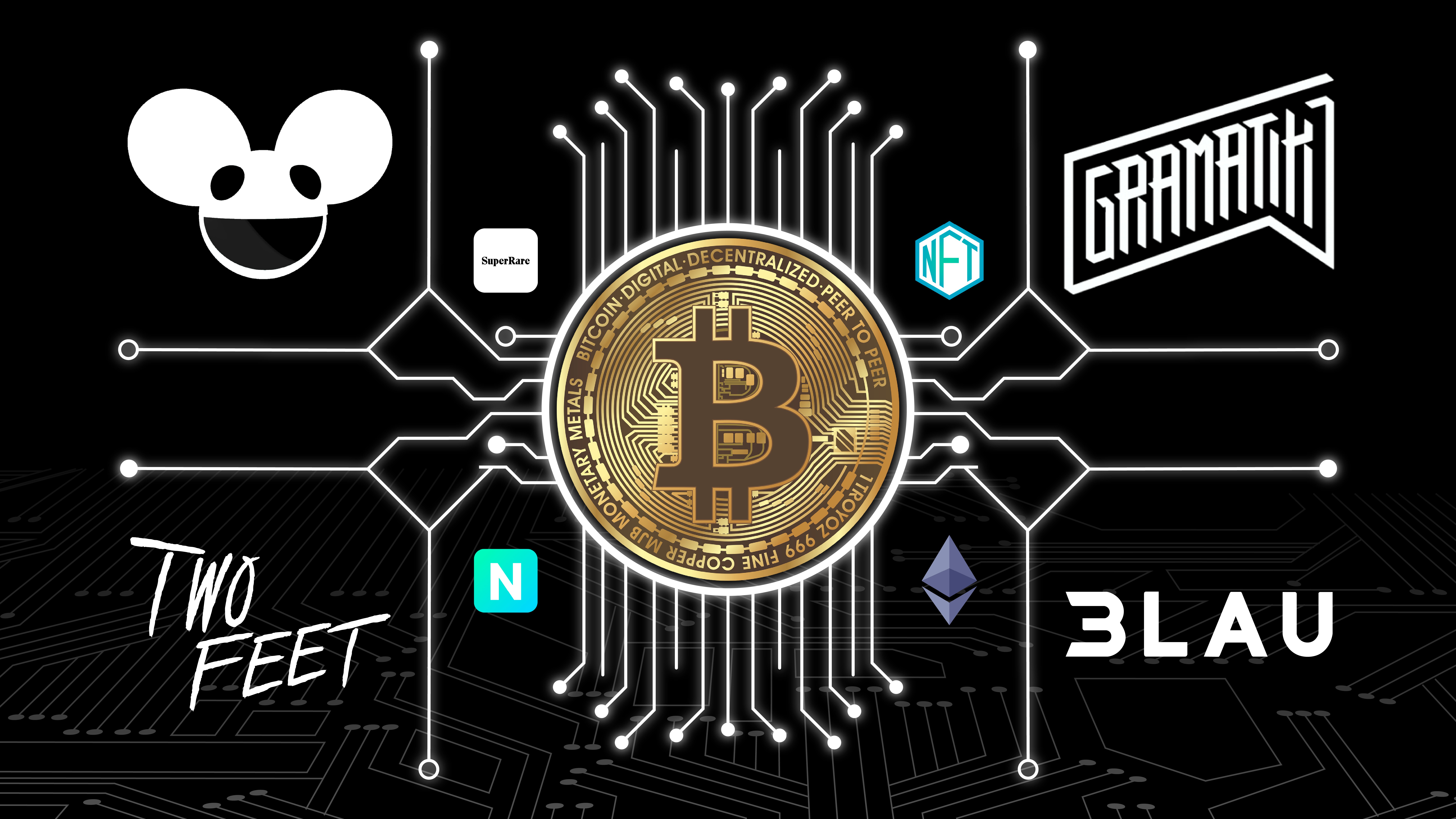
A lot of our history in the future will be digital
Our future is digital.
Just as we look back today and enjoy our physical inheritances of books, music and art, we will look back tomorrow at our digital inheritances of books, music and art. The only difference is today it is digital, not physical.
This is why I am watching NFTs with interest. Who would want to buy a digital certificate to a Beeple picture or a Jack Dorsey tweet? What’s the point? Some would say it’s the same as owning a Picasso painting or a book by Voltaire. However, the latter are physical assets and the former are digital assets. What’s the point? Well, the point is that a lot of our history in the future will be digital.
Today, we wonder what is the point? Tomorrow and in a century or a millennia, people will be amazed at the inheritance of digital art and digital history. In fact, some predict they will be as amazed by digital records as we are today of physical records.
We see paintings, writing and media from history and go ooh and aah. A century from now, people will look at our digital records and go ooh and aah.
Think about 2121.
2121.
A century from now.
A year where travel to and from Mars will be commonplace.
A year where holidays on Disney Moonland is a great idea for the kids.
A year where spending your global digital coins on things anywhere on Earth or in other worlds is normal.
Life will be different.
I was having this conversation on twitter the other day, where people wondered why anyone would want to be part of the SpaceX program, and wrote:
Think the Wright Bros in 1900s. That's Elon Musk in the 2010s. By the 2120s, we will fly to the Moon and Mars as confidently as we get on an aircraft.
I believe this.
When we look back a century ago and think about air travel, it was risky and challenging and expensive. Today, air travel is easy, cheap and for everyone (as long as there is no lockdown). The same will be true of space travel.
So, think about it. Your grandchild is living on Mars in a new community of humans who settled there in 2086. They were raised by their parents and grandparents on holographic books, 3D art and digital media. Their grandparents were wise. They purchased a number of digital certificates for investment and inheritance purposes and, by the grace of God, own the digital certificate to a Banksy painting.
The physical painting is worth over EGC1 billion (EGC are Earth Global Coins) but, because their grandparents purchased the NFT for the digital representation of the painting in 2022, it is also worth a fortune. The last Banksy NFT sold for over 10 million EGCs. Thank goodness their grandparents were visionary enough to invest in NFTs as, now that we have colonised the Moon and Mars, land is cheap.
It is no longer about owning land or physical assets. It’s all about owning digital assets.
How the world changed in the 21st century. Are you with it? And, if you are, then how are you dealing with digital asset management?
For some years, I’ve said that digital asset management is a critical part of our financial future. Strangely, most banks have ignored this opportunity in my view. Just to be clear:
I would far rather bet on [banks as] secure data vaults than the branch-based monetary banks [March 2013]
Chris M Skinner
Chris Skinner is best known as an independent commentator on the financial markets through his blog, TheFinanser.com, as author of the bestselling book Digital Bank, and Chair of the European networking forum the Financial Services Club. He has been voted one of the most influential people in banking by The Financial Brand (as well as one of the best blogs), a FinTech Titan (Next Bank), one of the Fintech Leaders you need to follow (City AM, Deluxe and Jax Finance), as well as one of the Top 40 most influential people in financial technology by the Wall Street Journal's Financial News. To learn more click here...

